By Romina Acosta Bimbrera, Communications and Public Relations Advisor
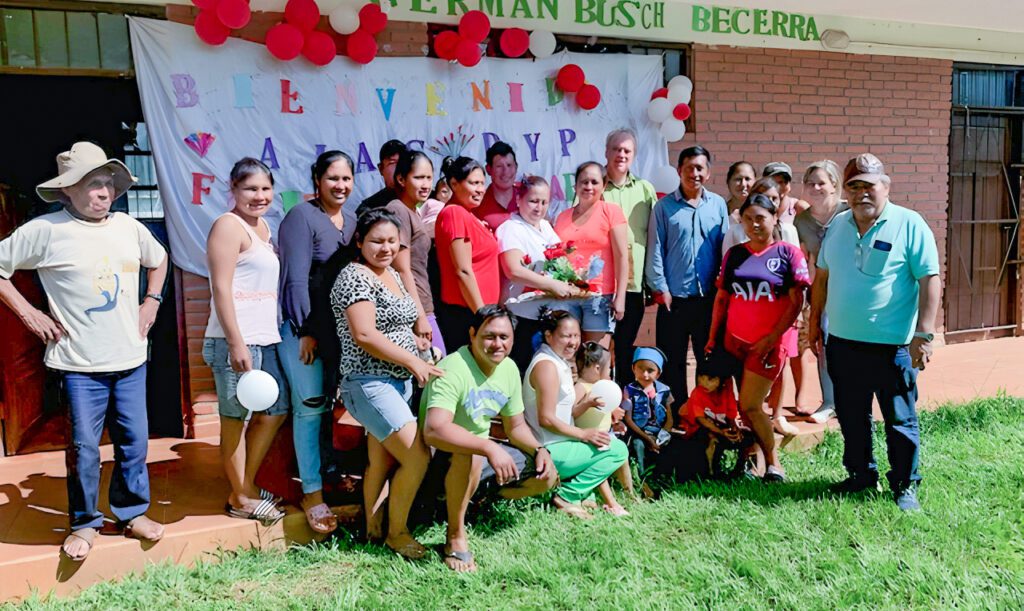

Development and Peace ― Caritas Canada has had a presence in Bolivia for over 30 years. Over this time, we have seen our work with local organizations produce results because our partners have remained steadfast in their service of the Bolivian people. This is what our Latin America programs officer Normand Comte has gathered. After years of collaboration; 12 days of travel; many hours on the road; visits with seven communities; and meetings with five partners and people reached by our projects, here are his observations.
The political and socioeconomic context of Bolivia
In the early 2000s, Bolivia was the poorest country in South America. Recently, many changes have occurred in the country. The most notable are the increased access of Indigenous people to education and positions of power; the nationalization of sectors such as gas and mining; and the reduction of external debt.
Inflation, the lack of economic diversification and the political crisis that has endured since 2019, have weakened the Bolivian state and precipitated a crisis, like the one in Argentina, of a significant paucity of foreign exchange reserves. In 2021, there where mass protests against Bill 1386, a law that sought to combat money laundering but was feared would increase the tax burden on small business. Bolivians want to retain all the additional public services that were deployed during the pandemic without having to pay higher taxes. This aggravates the economic instability of the country.
CEPROSI and CAEP: education and justice for women
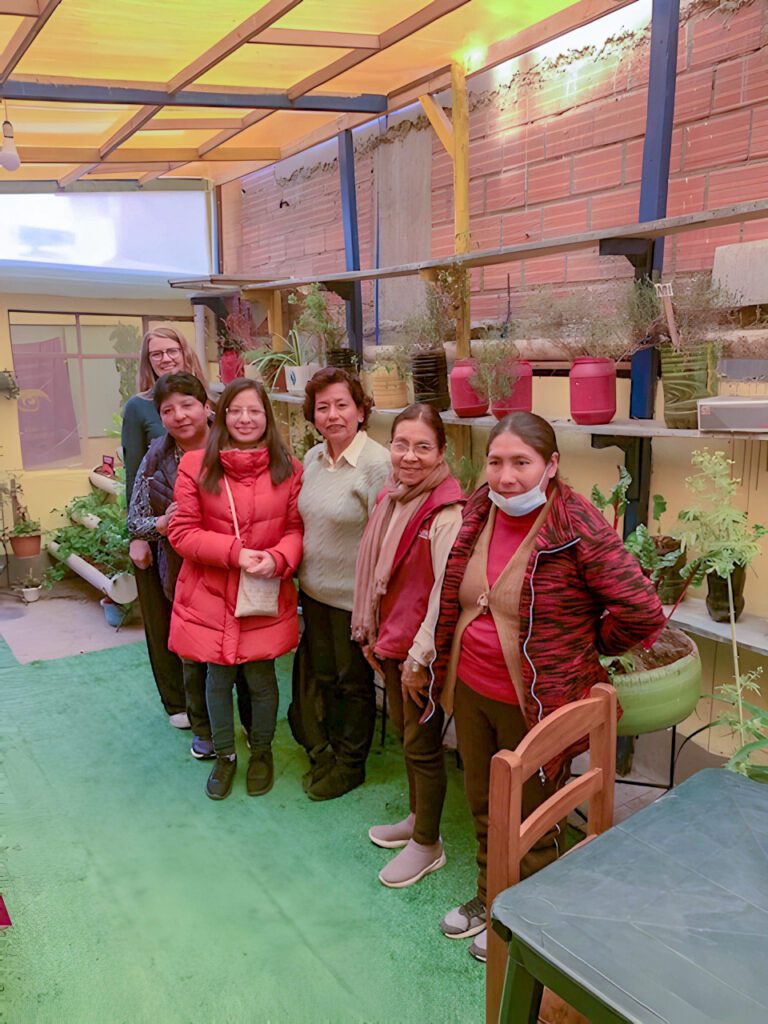

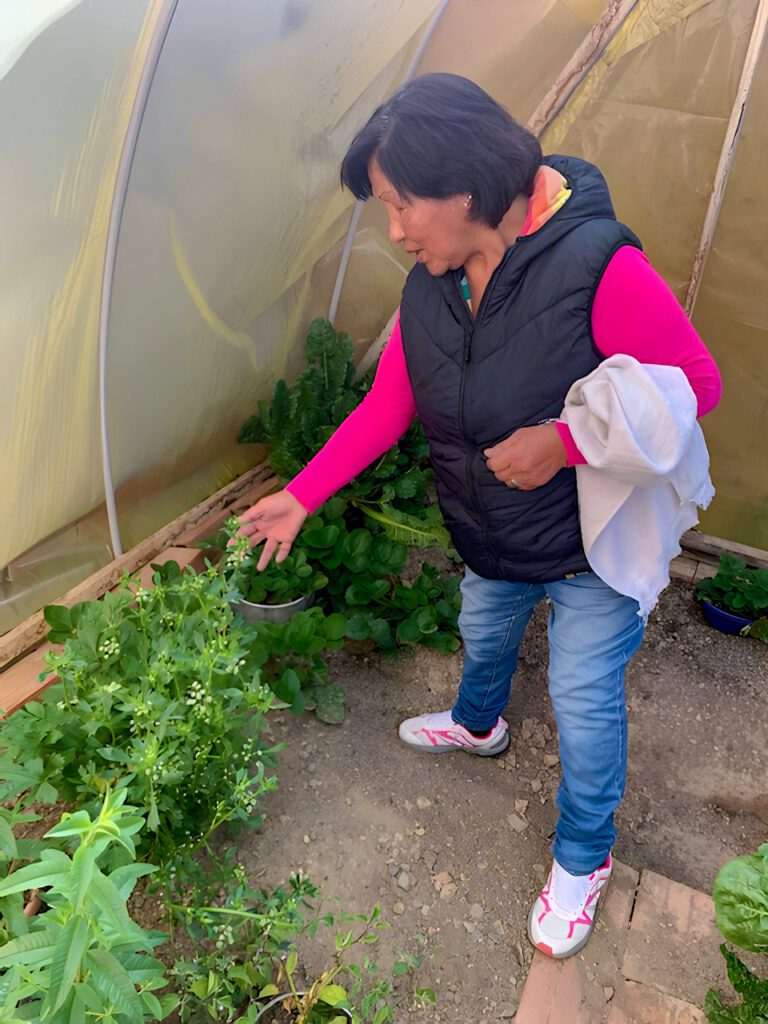

The Centre for Education and the Promotion of Integral Health (CEPROSI, for its Spanish acronym) is one of Development and Peace ― Caritas Canada’s earliest partners in Bolivia. This small team of 12 can be very proud of achievements such as a leadership school for women, women‘s centers and various agroecology projects. The greenhouses they have created to grow green vegetables contribute to healthy lifestyles and food security. CEPROSI also helps reduce gender-based violence by involving husbands and children in the project and helping them better understand the importance of the work and contribution of women in society.
In the same vein, CEPROSI recently initiated a project on masculinity that has generated much interest among the people and local authorities. The project has encourages men accused of domestic violence, as well as police officers, to review their behavior and attitudes towards women.
For its part, the People’s Education Support Centre (CAEP, for its Spanish acronym) works in Huanuni with the women of the region’s miner community to empower them and help them break out of their isolation. It has also created various women’s associations and collectives. CAEP trains them to assert their rights and supports their involvement in committees that oversee a devolved government program called Citizen Participation and Social Control. These oversight committee ensure the proper management of municipal budgets allocated to the projects of women’s and youth organizations and of the projects themselves.
Indigenous communities and food security: the work of the NUNA Foundation and ALAS
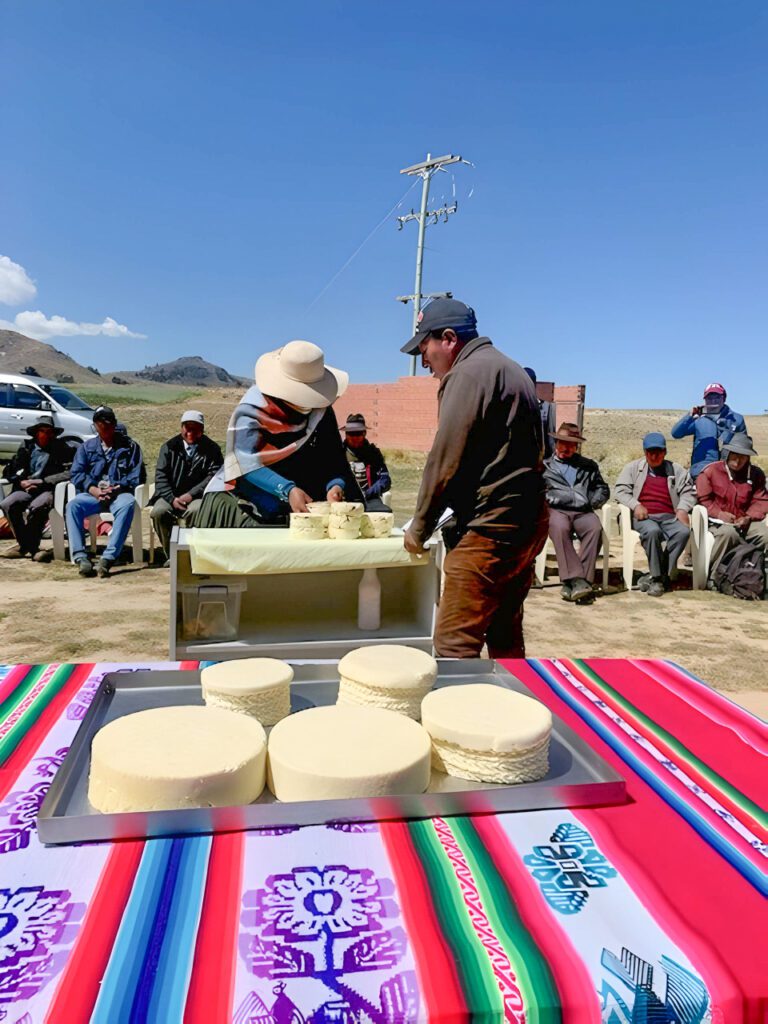

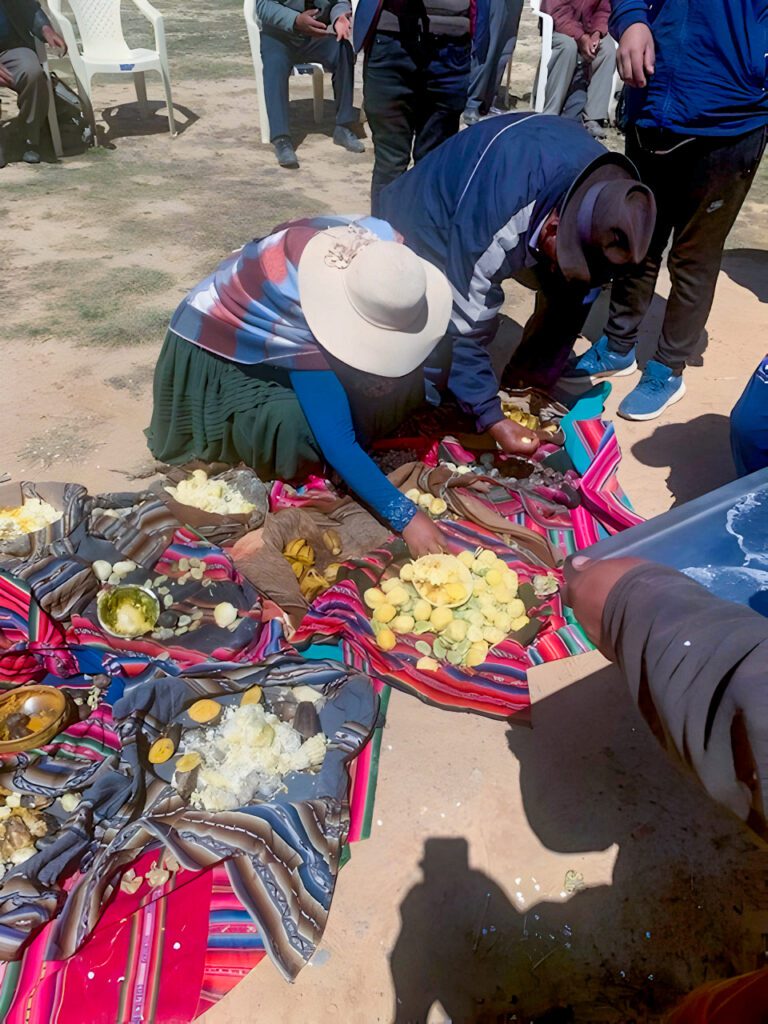

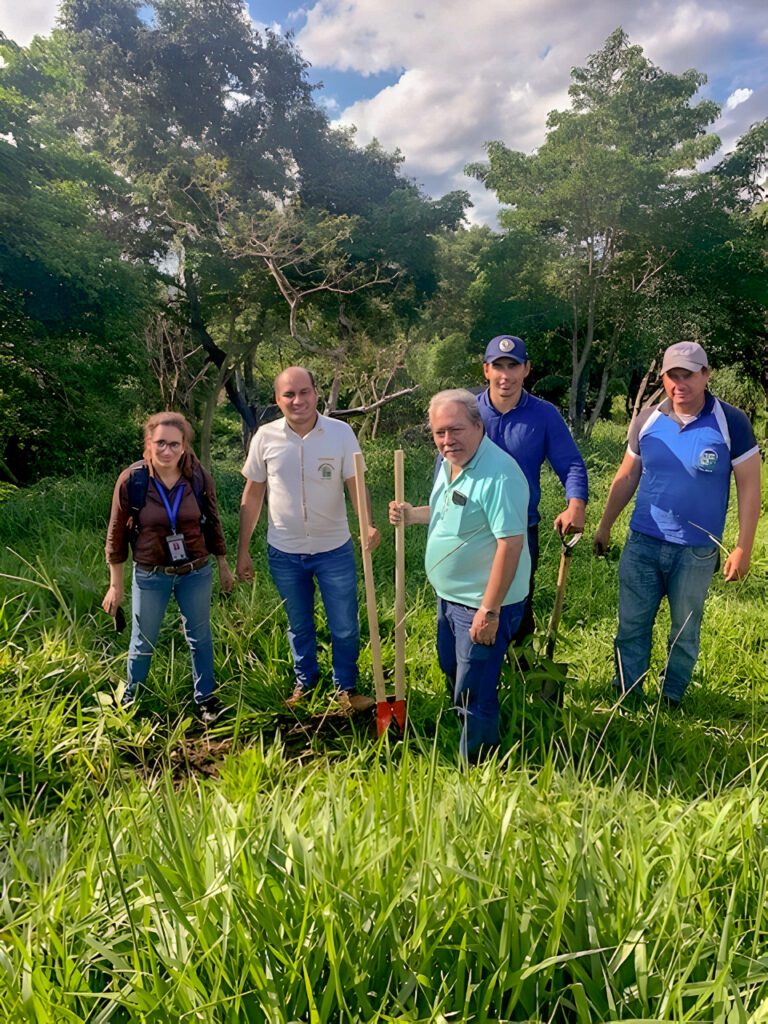

Our work with the NUNA Foundation supports Indigenous families with product development through training. The goal is to involve people in collective work to bring about a real change in the mentality of the population. Support is rendered by agricultural technicians and through the construction of agricultural infrastructures. Families are taught the best techniques for boosting dairy production.
Some municipalities like Escoma in the province of Eliodoro Camacho, in the La Paz Department, have even set up mechanisms to encourage participation in milk production so that people can earn money by selling the milk for use in the state’s primary school breakfast program.
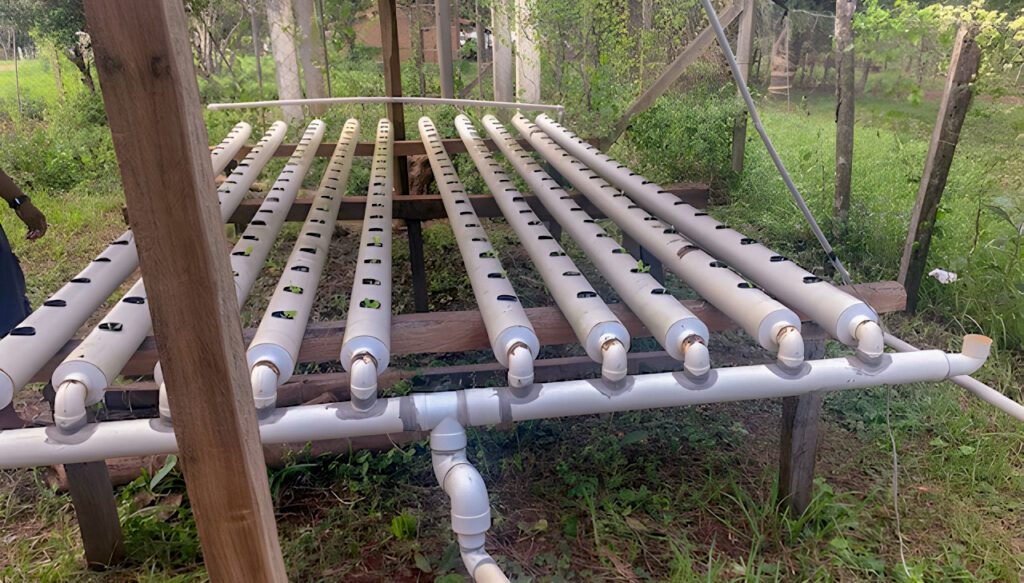

With our partner Legal Advice and Social Assistance (ALAS, for its Spanish acronym), we work on training and education with Indigenous communities. The community of San Javier, for example, has apiary and handicraft projects. There are also three hydroponics projects, two of which are based in schools. Through such projects, we hope to develop collective work in the community, involving not only students, but also their parents.
In 2019, following forest fires that incinerated over 786,000 hectares of land in the department of Santa Cruz, we collaborated with ALAS on reforestation projects.
For a green future: ecological justice and the CEPA
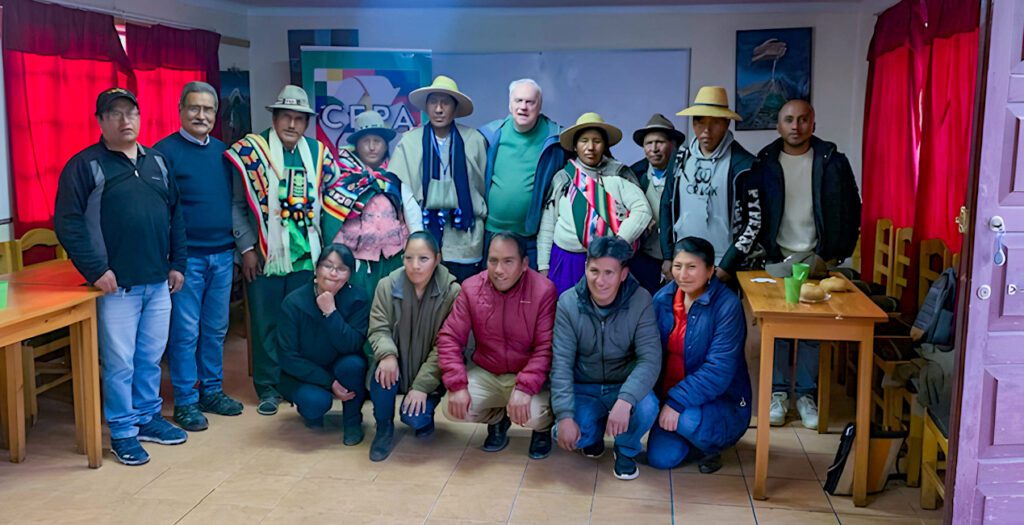

The work of the Center for Education for the Andean People (CEPA, for its Spanish acronym) is in line with Pope Francis’s encyclical Laudato Si’. We are working with them to highlight the importance of advocacy for better natural resource management and environmental protection. A good example of our collaboration is our work at Lake Uru Uru, which is endangered by mining pollution and climate change. We have participated in a communal clean-up of the lake, advocated to the government for its protection and supported the creation of women’s craft and gardening cooperatives to improve the quality of life of lakeside fishing communities.
Looking to the future
While three of our projects in Bolivia are ending this year, Comte’s visit was an opportunity for exchange and receiving new proposals for continuing of our work with impoverished populations. Development and Peace ― Caritas Canada will continue working side by side with its partners in Bolivia to ensure that no one is left behind and that people in vulnerable situations can have a greener, more equitable future.

